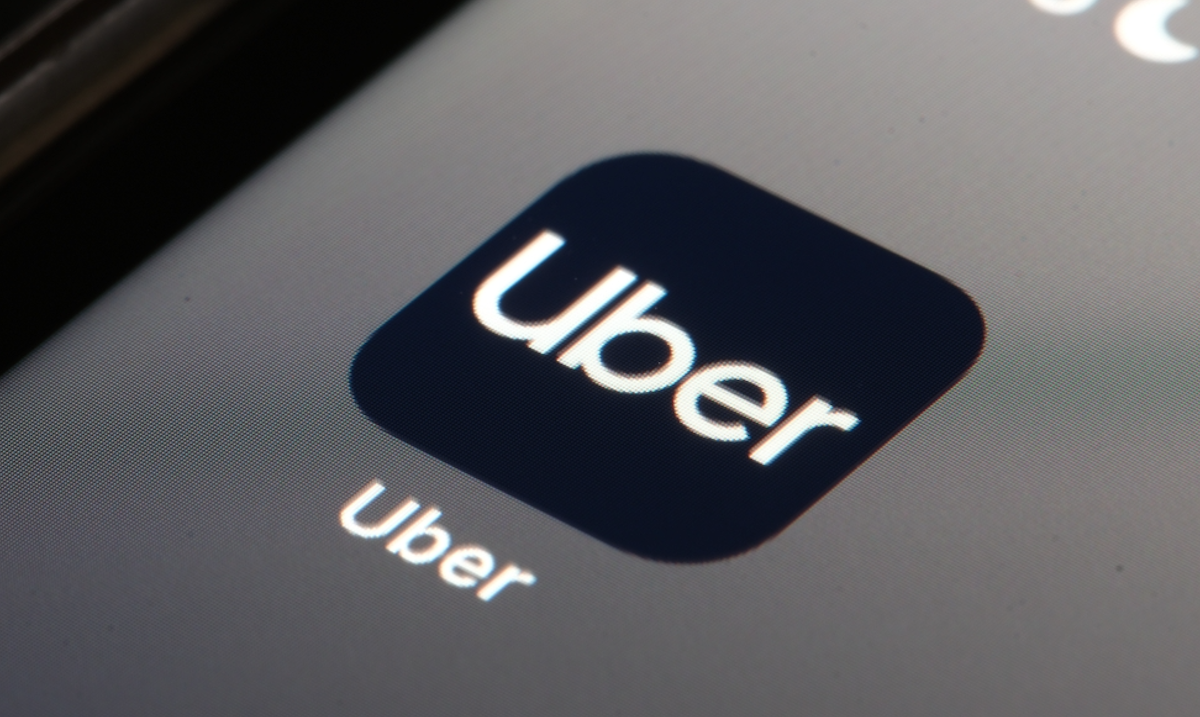
The US Supreme Court on Tuesday declined to hear an appeal from Uber Technologies Inc. and its subsidiary Postmates, a decision that effectively leaves intact a lower court ruling regarding California’s Assembly Bill 5 (AB5). The companies had sought to challenge AB5, a law that could have forced them to classify their drivers as employees rather than independent contractors, a move that would have significantly raised their labor costs.
The high court’s refusal to review the case upholds a ruling from the 9th U.S. Circuit Court of Appeals, which determined that Uber and Postmates failed to demonstrate that AB5 unfairly targeted app-based transportation services. According to Reuters, the companies argued that the law singled them out while exempting other industries. However, the appeals court rejected this claim, allowing AB5 to continue affecting app-based transportation services unless another exemption applies.
In response to AB5, California voters passed Proposition 22 in 2020, which granted gig economy companies an exemption from the law. Proposition 22, backed by major players like Uber and Lyft, allowed these companies to classify their drivers as independent contractors while offering some benefits, such as healthcare stipends and accident insurance. In July 2023, the California Supreme Court upheld Proposition 22, dismissing claims from labor unions that it violated the state’s constitution. Per Reuters, the California Supreme Court’s ruling solidified Proposition 22’s status, ensuring that the exemption remains in place.
Related: Supreme Court Rejects Uber and Lyft’s Appeal in California Gig Worker Suits
Theane Evangelis, an attorney representing Uber, emphasized the company’s stance on the matter. In a statement provided by the company, Evangelis said, “Prop 22 remains the law of the land in California and ensures that drivers and couriers retain the independence and flexibility they want while also receiving the benefits they deserve — more than $1 billion so far.” Evangelis also criticized AB5, claiming it unfairly targeted app-based services out of “animus rather than reason.”
AB5, which was enacted in 2020, raised the legal threshold for determining whether workers could be classified as independent contractors. Under the law, companies must prove that their workers operate free from direct control, are not engaged in the company’s core business, and maintain their own independent enterprises. These stipulations could make it significantly more difficult for companies like Uber and Postmates to justify their current labor model.
The treatment of gig workers remains a contentious issue, not only in California but across the country. Earlier this year, the U.S. Department of Labor introduced a federal rule aimed at tightening the criteria for classifying workers as independent contractors under national wage laws. Although this rule uses a different framework than California’s AB5, it would also make it more challenging for companies to avoid treating gig workers as employees. A coalition of major business groups is currently challenging the federal rule in Texas court.
Critics of the independent contractor model argue that it allows companies to cut costs by denying workers essential protections, including minimum wage, overtime pay, and expense reimbursements. By classifying workers as employees, companies would be required to provide these benefits, significantly impacting their business models.
California Attorney General Rob Bonta’s office, which has supported the enforcement of AB5, did not respond to requests for comment regarding the Supreme Court’s decision.
Source: Reuters
Featured News
Big Tech Braces for Potential Changes Under a Second Trump Presidency
Nov 6, 2024 by
CPI
Trump’s Potential Shift in US Antitrust Policy Raises Questions for Big Tech and Mergers
Nov 6, 2024 by
CPI
EU Set to Fine Apple in First Major Enforcement of Digital Markets Act
Nov 5, 2024 by
CPI
Six Indicted in Federal Bid-Rigging Schemes Involving Government IT Contracts
Nov 5, 2024 by
CPI
Ireland Secures First €3 Billion Apple Tax Payment, Boosting Exchequer Funds
Nov 5, 2024 by
CPI
Antitrust Mix by CPI
Antitrust Chronicle® – Remedies Revisited
Oct 30, 2024 by
CPI
Fixing the Fix: Updating Policy on Merger Remedies
Oct 30, 2024 by
CPI
Methodology Matters: The 2017 FTC Remedies Study
Oct 30, 2024 by
CPI
U.S. v. AT&T: Five Lessons for Vertical Merger Enforcement
Oct 30, 2024 by
CPI
The Search for Antitrust Remedies in Tech Leads Beyond Antitrust
Oct 30, 2024 by
CPI